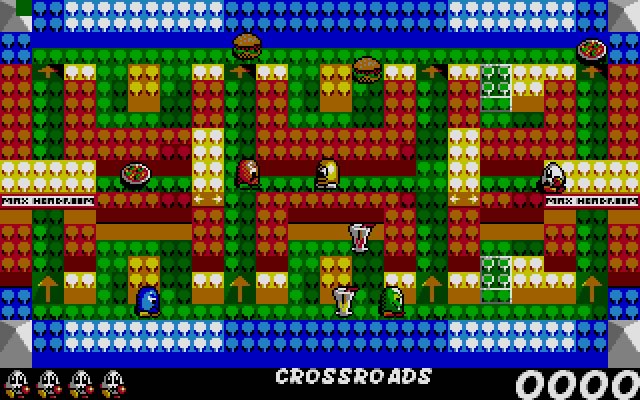고정 헤더 영역
상세 컨텐츠
본문

While we wait for Rescatux to be rewritten, once again, so that it’s based on Debian 9 (Stretch) its main program: Rescapp needs some love. Some testing.
Some polishment. Rescapp program has been rewritten so that:. It no longer depends on SELinux. It depends on PyQT5 instead of the now obsolete PyQT4 That means that it can be built for recent versions of Ubuntu, packaged and put into a repo.
So if you want to help Rescatux / Rescapp development and you happen to have either a: Ubuntu 16.04 Xenial AMD64 Live CD or an Ubuntu 17.10 Artful AMD64 Live CD you are welcome to test and report any bugs that you find on the. Rescatux 0.51 beta 3 has been released. Rescatux 0.41 beta 1 new options Update UEFI order in action Downloads:. (Open the link the in browser and click on Download Torrent File Now) Rescatux 0.51b3 size is about 640 Megabytes. Some thoughts:.
Boot Repair functionality has been removed from Rescatux. Many people, somehow, were using Boot Repair (by default) inside Rescatux while we don’t support it.
If you feel Rescapp does not cover all the Boot Repair functionality you can fill a bug for a RFE (Request for Enhacement). Rescapp and chntpw are now installed from a Repo. It should be virtually identical to 0.41b1 release. If something doesn’t work as well as before please report a bug so that we can fix it. This is the last build based on Debian 8 (Jessie).
Important notice:. If you want to use the UEFI options make sure you use DD or another equivalent tool (Rufus in ‘Direct image’ mode, usb imagewriter, etc.) to put Rescatux in your USB. If you want to use UEFI options make sure you boot your Rescatux device in UEFI mode.
If you want to use Rescatux make sure you temporarly disable Secure Boot. Rescatux does not support booting in Secure Boot mode but it should be able to fix most of the UEFI Secure Boot problems if booted in Non Secure Boot mode.
More things I want to do before the stable release are:. Make clear that ‘Extra tools’ are not supported renaming them to ‘Extra tools (Non supported)’. Internal documentation updated. A new Rescatux website (Optional). A new Rescatux tutorial video or videos (Optional) Let’s hope it happens sooner than later.
Roadmap for Rescatux 0.40 stable release: You can check the complete changelog with link to each one of the issues at: which I’ll be reusing for Rescatux 0.40 stable release. (Fixed in 0.40b5) #2192 UEFI boot support. (Fixed in 0.40b2) #1323 GPT support. (Fixed in 0.40b11) #1364 Review Copyright notice.
(Fixed in: 0.32b2) #2188 install-mbr: Windows 7 seems not to be fixed with it. (Fixed in: 0.32b2) #2190 debian-live.

Obtaining GRUB GRUB 2 is now available via ftp. You can download releases from the ftp site. All the development is done through a repository.
If you are interested in the cutting-edge version of GNU GRUB, for example, to test a newer version or to add new features, we strongly recommend giving the latest repository version a try. You can obtain the latest GRUB source from the GIT: git clone git://git.savannah.gnu.org/grub.git For developers with write access via ssh, use: git clone @git.sv.gnu.org:/srv/git/grub.git You can also use HTTP if needed. Return to the. Copyright © 2010-2018 Free Software Foundation, Inc. Copyright © 1999,2000,2001,2002,2003,2004,2005,2006 Yoshinori K. Okuji Verbatim copying and distribution of this entire article is permitted in any medium, provided this notice is preserved. GRUB is free software; you can redistribute it and/or modify it under the terms of the as published by the Free Software Foundation; either version 3 of the License, or (at your option) any later version.
Grub4dos Installer
Site maintained. Updated: $Date: 2018/03/26 14:21:59 $ $Author: dkiper $.




